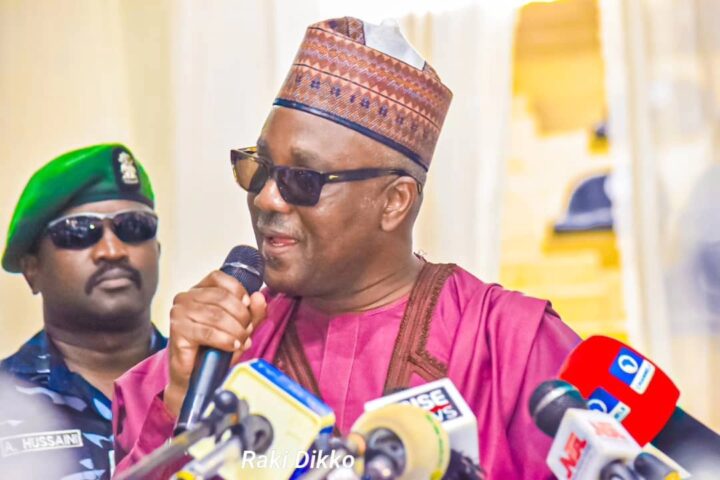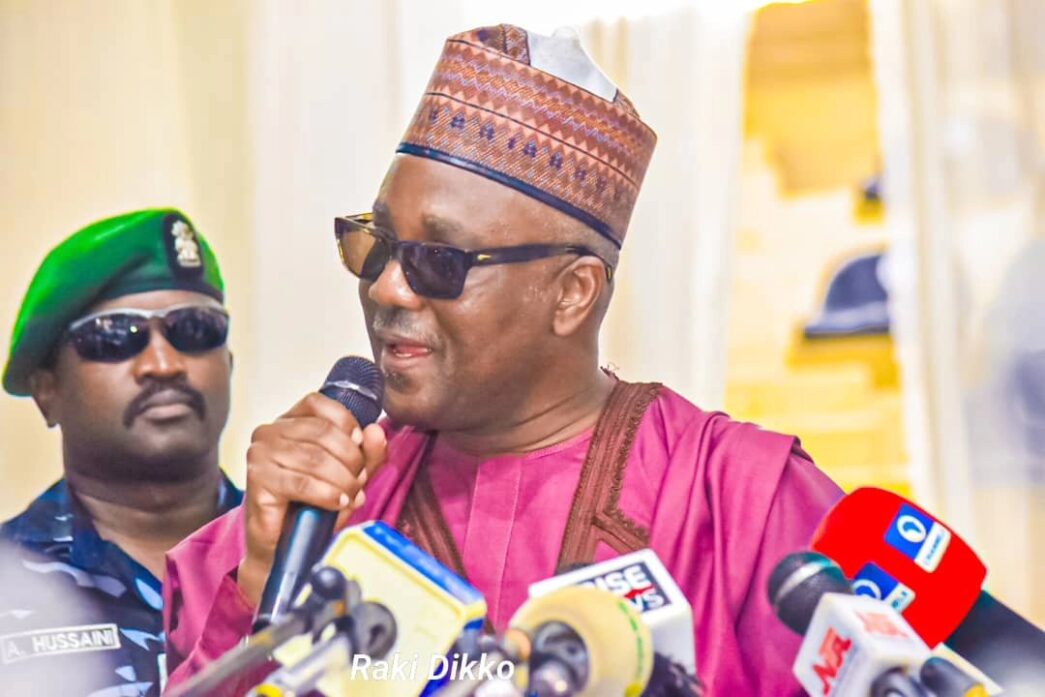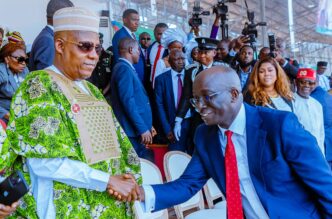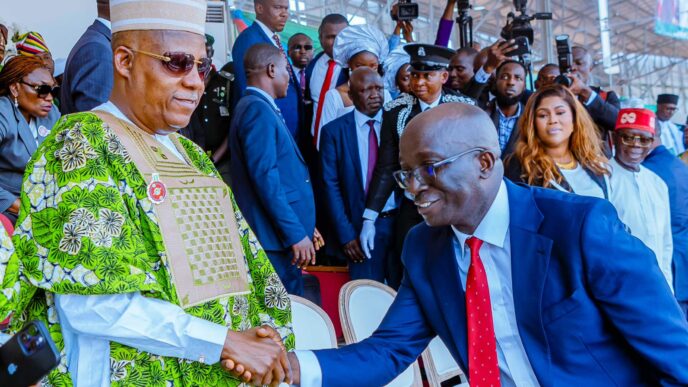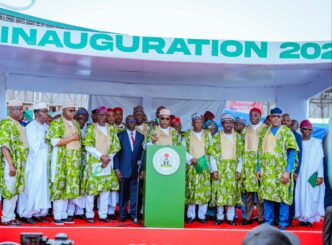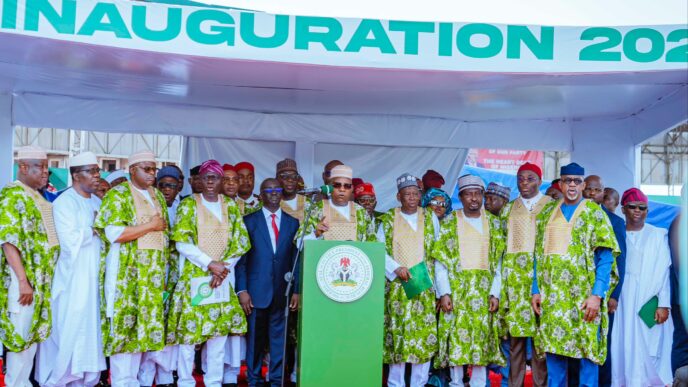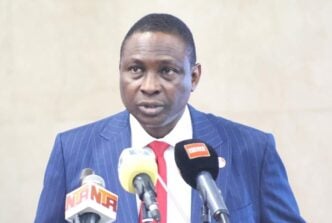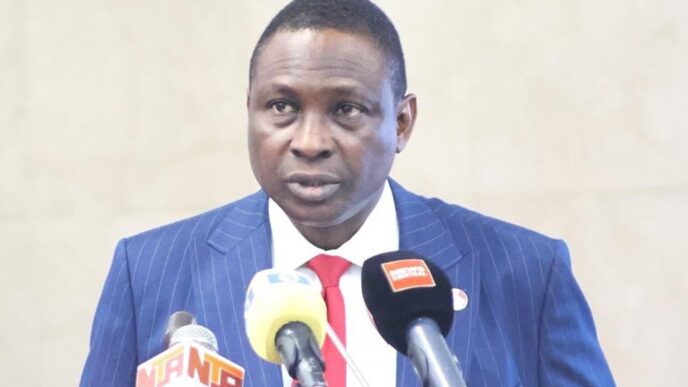Tajudeen Abbas
Tajudeen Abbas, speaker of the House of Representatives, says lawmaking requires legislators’ “full attention” and should not be part-time.
Abbas spoke in Abuja on Monday at a national dialogue on the homegrown parliamentary system of government.
The parliamentary support group organised the event.
Over the years, there has been a national debate about the appropriate form of government for Nigeria.
Advertisement
While some Nigerians have suggested that the country revert to the parliamentary government practised between 1960 and 1966, others have argued that the nation maintains the presidential system with the national assembly working part-time to cut the cost of governance.
Represented by Alhassan Doguwa, a lawmaker from Kano, the speaker said the part-time legislative system “underestimates” the duties of lawmakers whose “full commitments” are needed.
“Some have also suggested adopting part-time legislators. However, I must respectfully challenge this notion, as it may underestimate the profound responsibility that legislators bear,” he said.
Advertisement
“A legislator’s duties, comprising of lawmaking, representation, and oversight, are demanding and require substantial time and commitment.
“Government is not a casual endeavour. It is a serious business that demands full attention, accountability, and dedication.”
Abbas said a homegrown parliamentary system must not only reflect the procedural aspects of governance but also the “intrinsic values, goals, and cultural nuances of the people,” adding that it must be grounded in substance, not merely in style.
“This, I believe, is the essence of indigenous governance. It is about crafting a legislative system that resonates with the everyday realities, aspirations, and diversity of the Nigerian people,” he said.
Advertisement
“As we examine potential reforms, I am aware that a unicameral system of government is often discussed. However, we must recognise that Nigeria’s vast geographical and cultural diversity poses unique demands.
“Unlike smaller or more homogeneous nations, our bicameral system has enabled us to balance representation across regions and ethnic groups, enhancing inclusivity and participation in the democratic process.
“Any significant structural change must, therefore, be carefully considered within the context of Nigeria’s complexities to avoid unintended consequences.”
Abbas said he would review the recommendations from the dialogue “for building a truly home-grown parliamentary system for Nigeria”.
Advertisement
Also speaking, Yakubu Dogara, a former speaker of the house of representatives, blamed the nation’s underdevelopment on poor leadership.
“Everything about societal problems boils down to leadership. Leadership is not a job; it is a responsibility,” Dogara said.
Advertisement
Dogara criticised the presidential system practised in the country, noting that it does not make leaders accountable.
“The major problem with the presidential system is not because we borrowed the system, but those who copied the system did not do a wonderful job,” he said.
Advertisement
